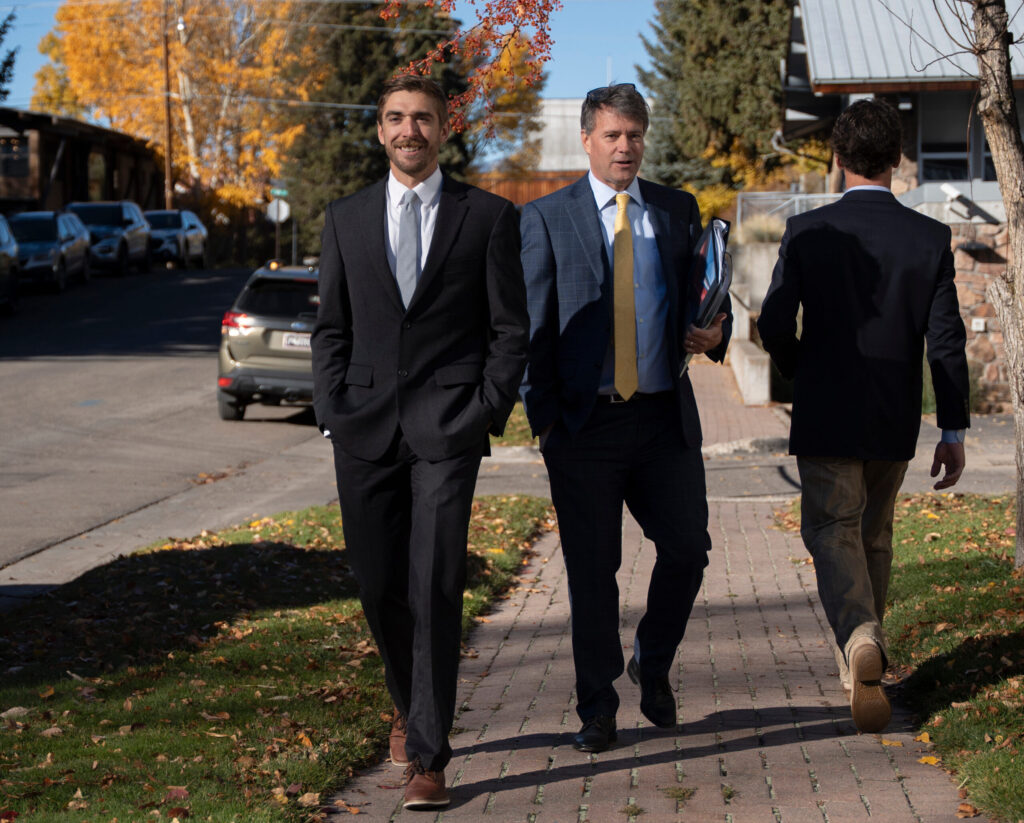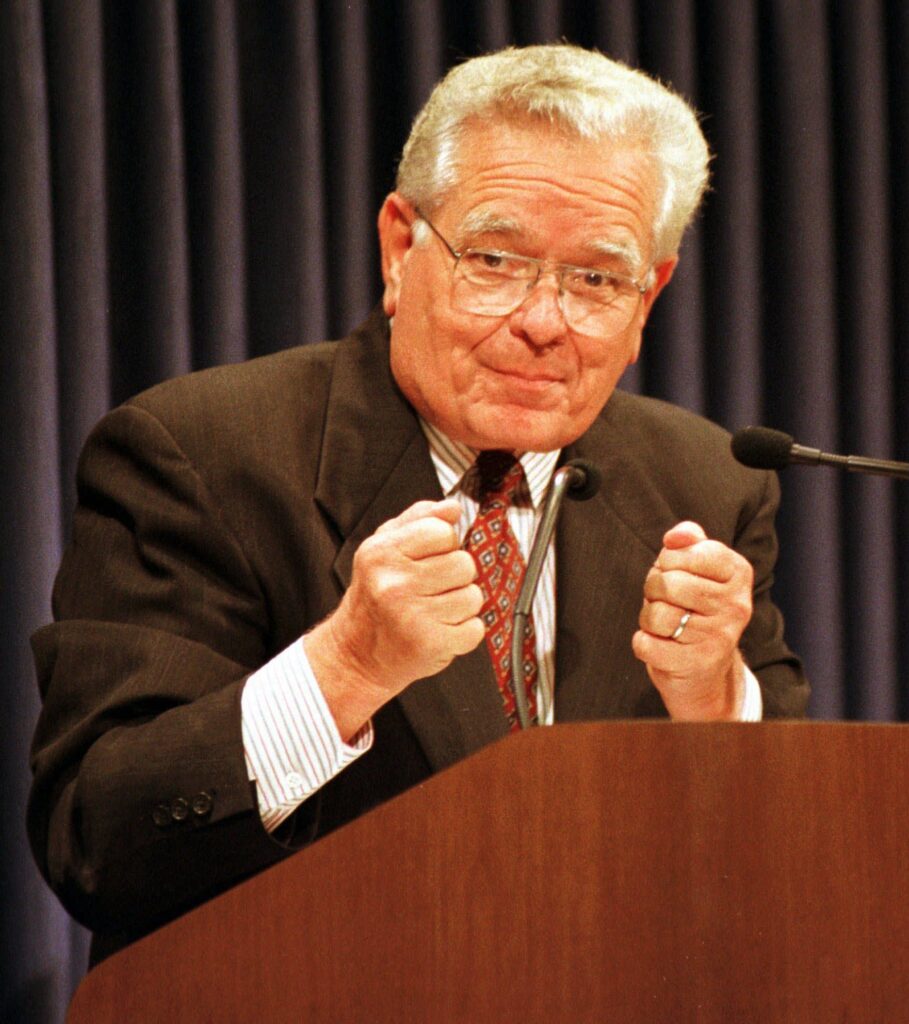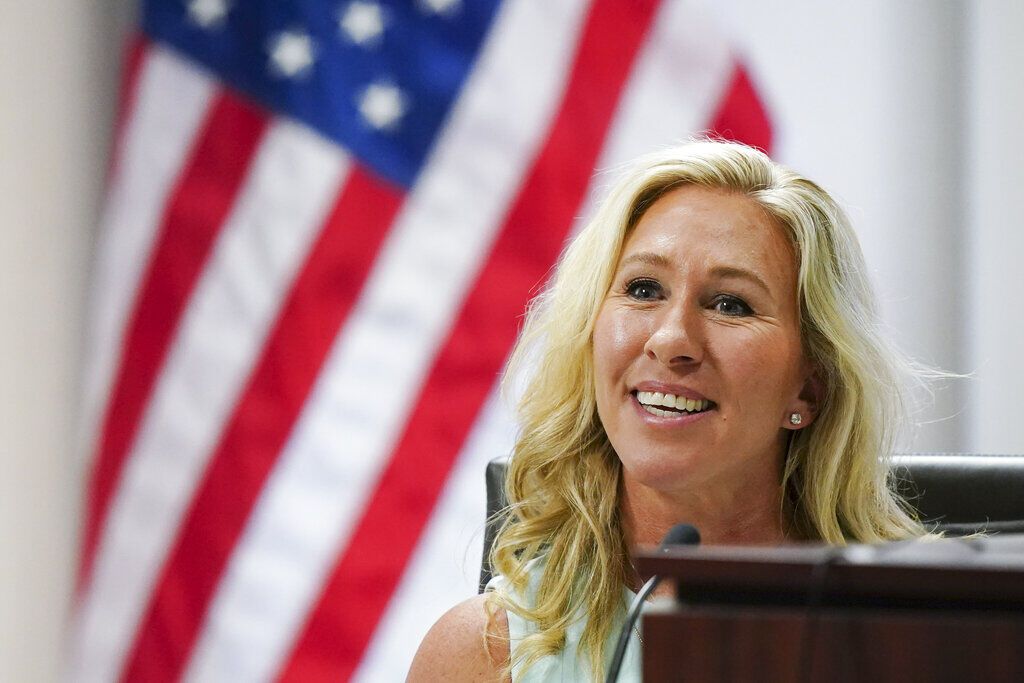State vows again to reform Colorado’s youth corrections system

State officials on Thursday again promised to implement meaningful changes in Colorado’s youth corrections system, after years of surging violence, drug contraband seizures and controversies over staff use of isolation cells and restraint devices.
The state will abandon a model based on large groups of incarcerated youths and punitive compliance measures, they pledged, in favor of “trauma-informed” rehabilitation. As it does so, it will emphasize a corrections model based on small groups, relationship building and more continuity with the staff and programming.
State officials made similar promises two years ago but during a press briefing on Thursday acknowledged that more needs to be done.
“That’s a major shift, and it just needs more focus and more attention than we’ve been giving it,” said Michelle Barnes, the executive director of the Colorado Department of Human Services. “So we are doubling down on culture change at all of our youth services centers.”
State officials say they expect the changes to take hold this time, and they say they already see signs of improvement.
Police release more details on Colorado youth facility riot
The latest promises come after years of problems, including riots, drugs, assaults on staff and juveniles, the use and overuse of isolated detention and full-body restraints and sexual misconduct between the juveniles and the staff, even while the number of youths in detention has dropped and state funding for the system has increased.
State officials shared the plans at a media roundtable Thursday, held at Lookout Mountain, a youth corrections facility in Golden that has been uniquely plagued by these problems. Problems at Lookout Mountain, including a riot in May that sent 11 staff members to the hospital spurred the state to seek a third-party report on the state of the facility from the Council of Juvenile Justice Administrators, a national nonprofit that pushes juvenile justice reforms.
Last year, three staff members there were placed on paid administrative leave after it was alleged they had been bringing drugs into the facility for juveniles incarcerated there. There also have been allegations of sexual misconduct by staff members in the juvenile system last year, with two of those cases confirmed, according to data state officials released to the Legislature this month.
Officials said at a news conference the incidents had been investigated, but declined to give details on how personnel issues had been handled other than to say no employees at Lookout Mountain were currently facing such accusations.
Youth Corrections officials acknowledge problems in system
Violence in the state’s youth corrections program has been on the rise, with an uptick of monthly youth-on-youth assaults in the past two years, according to a recent report to lawmakers. And out of 484 staff injuries in the last fiscal year, being “struck by a person” accounted for 404.
Data from the same report show the number of marijuana and marijuana concentrate seizures at the state’s 10 youth corrections facilities rose dramatically in fiscal years 2018 and 2019, with an outsized number at Lookout Mountain.
Barnes acknowledged the problems at Lookout Mountain, particularly in 2019, then summarized the key takeaways from the third-party report: Drugs were present, the facility needs to “double-down” on the culture change to a rehabilitative model of corrections and a focus on safety.
The officials said that in the coming weeks they will make public the report and are going through a redaction process to ensure no youth are identified or safety measures compromised.
A key part of the plan to improve the effectiveness of the program is to keep kids in more cohesive, smaller groups. Previously, large groups of juveniles were routinely housed together, leading to a variety of counterproductive dynamics, such as an ever-changing combination of kids, which led to a lack of relationship building among them or with the facility’s staff.
The Joint Budget Committee, which writes the state budget for the rest of the Legislature to consider, gave its blessing this week for $908,321 to upgrade breaking Lookout Mountain into four smaller youth detention facilities with between 16 to 36 beds each.
Lookout currently incarcerates 65 youth. Prior to the summer of 2019, the facility housed around 160. Spreading the more “homelike,” smaller detention facilities to the other nine youth detention centers in the state would cost an additional $4 to $5.5 million, state officials reported to the JBC.
Lookout has also begun using canines to detect drugs and is putting in place the use of drug-detection wands, hand-held devices correctional officers can use to detect drug particles.
The American Civil Liberties Union of Colorado in 2017 helped write a report blasting the state’s use of the “WRAP,” a full-body straight jacket, in youth detention and for punishing misbehaving juvenile offenders by placing them in small, barren isolation rooms.
The state responded after that report’s release by banning the use of the “WRAP,” which also had been outlawed in Arkansas after the child ombudsman there called it torture.
In recent months, the ACLU has been meeting privately with leaders of the juvenile justice system in Colorado to push for more reform. While the use of isolation has plummeted the use of restraint devices has remained high, state officials acknowledged Thursday.
Anders Jacobson, the director for the Division of Youth Services for Colorado, said that while it would cost millions of dollars to rebuild the entire youth corrections system to be best suited for the small group corrections philosophy, they can achieve some of their goals by simply erecting a wall down the middle of a housing unit, as was recently done at one facility, creating two smaller units.
He said ideally they would have housing pods that would hold between 10 and 12 kids. Now, after making some changes, they have four housing units that hold between 16 and 36 kids.
The facility stopped the use of isolated detention since 2017, a point that the officials emphasized as an example of program improvements. They also got rid of one controversial physical restraint method, but acknowledged that not all of the staff have accepted the changes.
“We’ve taken some really bold steps to move forward and one of those was to eliminate the use of pressure points and offensive strikes and we got rid of a full body restraint device,” Jacobson said. “As everyone in youth services is reforming right now, not just specific to Colorado, we have trained a system for decades on how to work with this population. And now, as leaders across the country, we’re trying to train individuals how to do this business different, and that is going to come with some challenges.”
Perry May, the deputy executive director of health facilities, said some staff now feel fewer sanctioned methods to deal with misbehaving youths, and that there was some turnover as a result.
“When you’re going through that transition, you’re going to have people say this doesn’t work for me, during that transition period,” May said.












